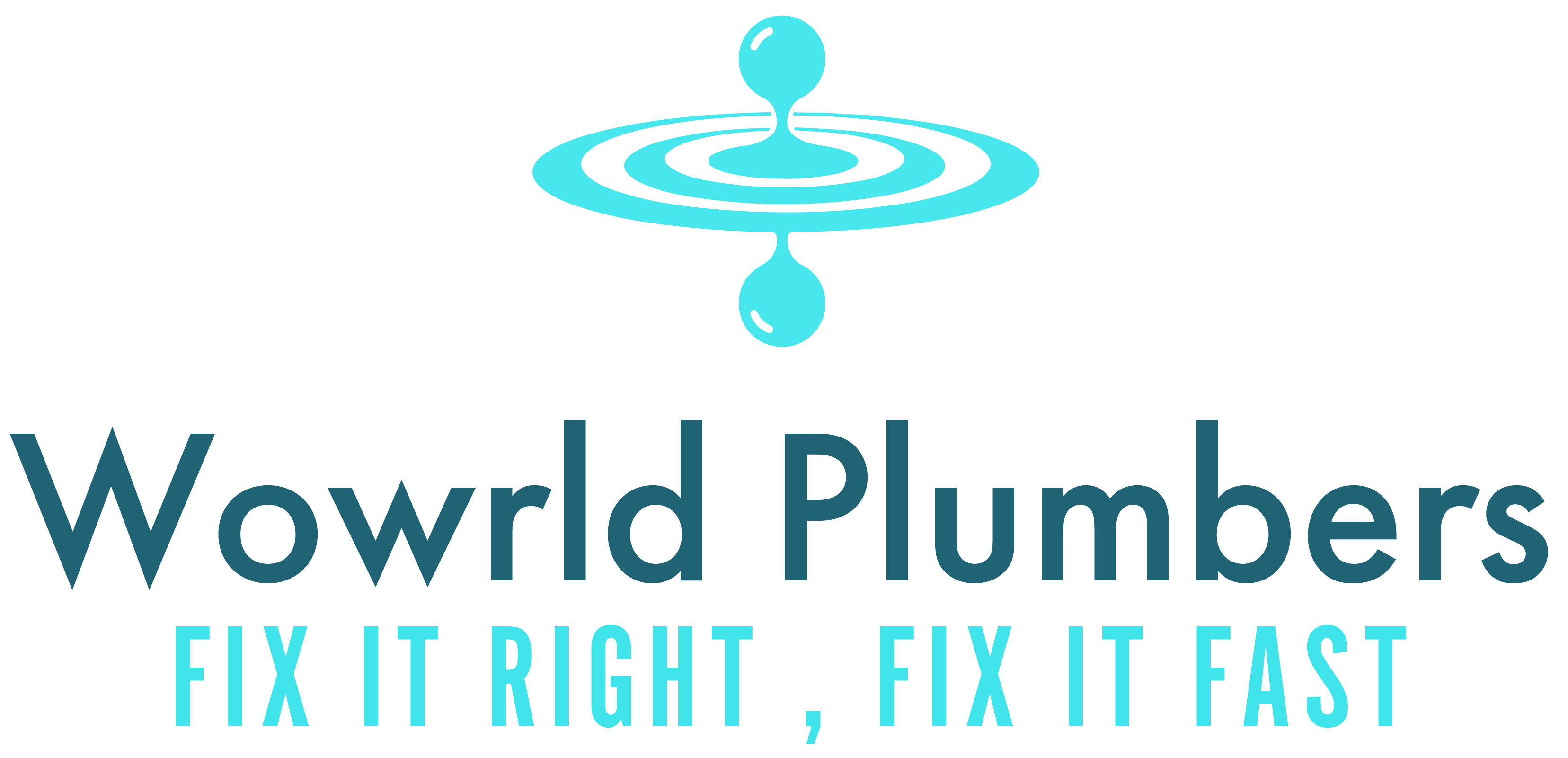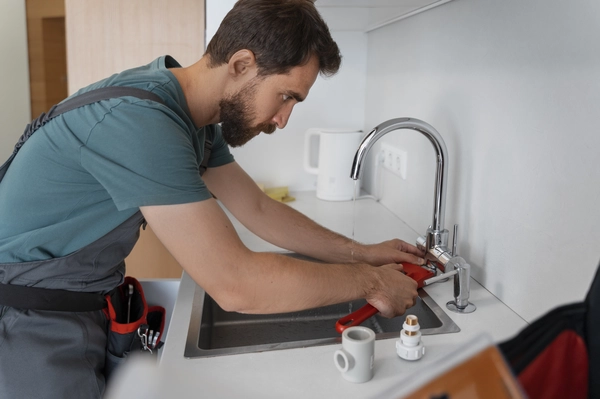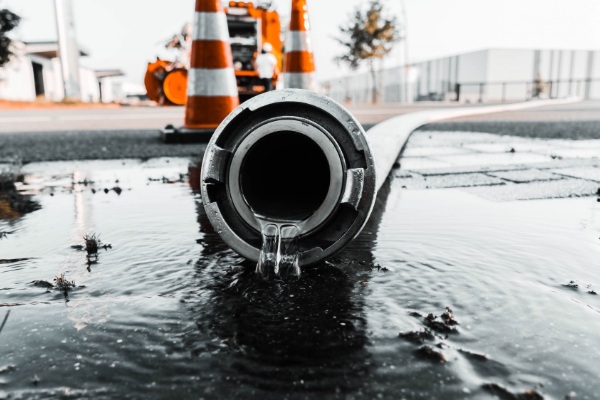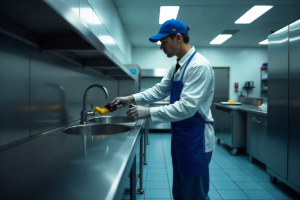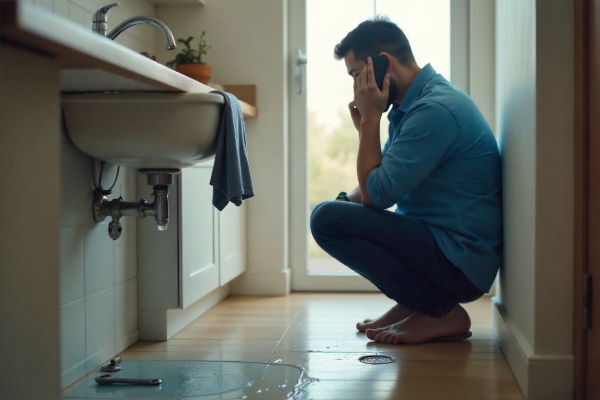Plumbing issues can range from minor annoyances to major emergencies, but the sooner you catch a problem, the easier and less expensive it is to fix. Being able to diagnose plumbing problems in your home is a valuable skill that helps you spot issues early on. In this guide, we’ll walk you through tips for diagnosing plumbing problems yourself and knowing when to call in a professional plumber.
How to Diagnose Your Plumbing Problems
Diagnosing plumbing issues may seem overwhelming at first, but with the right tools and knowledge, homeowners can quickly identify many common problems. Here are some tips to help you get started.
Plumbing Diagnostic Tips for Homeowners
Start by becoming familiar with the main components of your plumbing system: the pipes, fixtures, water heater, and drainage system. Knowing how these systems should work will help you identify abnormal signs, such as leaks, low water pressure, or blockages. Make sure to check for visible damage around faucets, drains, and appliances, as these can often provide clues to the issue.
Steps to Identify Common Plumbing Issues at Home
- Water Pressure Drops: If your water pressure is low, it may be due to a blockage, leaks, or a malfunctioning pressure regulator.
- Leaking Faucets: A dripping faucet is usually a sign of a worn-out washer or O-ring.
- Clogged Drains: Slow drainage can indicate a partial blockage in the pipes.
- Running Toilets: This issue could be due to a faulty flush valve or fill valve.
- Water Heater Problems: If you’re not getting hot water, it might be a heating element or thermostat issue.
How Plumbers Diagnose Plumbing System Problems
Plumbers use specialized tools, such as video inspection cameras, pressure gauges, and thermal imaging, to diagnose plumbing problems. They’ll also evaluate the water flow, check for leaks, and inspect the condition of pipes. Professional plumbers can accurately pinpoint the source of issues, even when symptoms are not obvious.
Key Tips for Diagnosing Plumbing Problems Yourself
While many plumbing issues are best handled by professionals, there are a few simple steps you can take to identify potential problems before they escalate. Here are some key DIY tips for diagnosing plumbing issues in your home.
Monitor Your Water Bill to Spot Inflated Utility Charges
A sudden spike in your water bill can indicate a hidden leak in your plumbing system. Unexplained high water usage often means that water is leaking somewhere, whether in the pipes, faucets, or even appliances. Regularly monitoring your bill can help you catch these problems early.
Observe Slow Draining Pipes and Their Causes
If water is draining slowly from sinks, tubs, or toilets, it’s a common sign of a blockage in the pipes. The problem could range from hair and soap buildup to a more serious clog deep within the plumbing system. Using a plunger or drain cleaner may solve the issue temporarily, but persistent slow draining requires professional inspection.
Check for Water Flow Issues During Winter Months
In colder months, freezing pipes can cause water flow problems or even burst pipes. If you notice a sudden lack of water flow or fluctuating pressure, it’s important to check for frozen pipes. Keeping your home warm and insulating exposed pipes can help prevent this issue during the winter.
Listen for Unusual Noises in Your Pipes
Gurgling, whistling, or banging noises in your pipes are signs that something is wrong with your plumbing system. These noises could indicate air trapped in the pipes, a blockage, or a water hammer caused by a sudden shut-off of water flow. Pay attention to when and where these sounds occur, as it can give you clues about the source of the issue.
Inspect for Leaks in Visible Plumbing Connections
Leaks can be the source of many plumbing issues, from water damage to mold growth. Inspect visible pipes under sinks, around the toilet, and in the basement for signs of dripping or dampness. Tightening connections or replacing faulty washers might help fix minor leaks, but persistent ones require professional attention.
When to Call a Professional Plumber
Sometimes, diagnosing and repairing plumbing issues on your own isn’t enough. While DIY methods can work for minor problems, certain situations call for the expertise of a professional plumber. Here’s when you should seek professional help.
Signs That Your Plumbing Problem Requires Expert Help
- Multiple Clogged Drains: If several drains are clogged simultaneously, the issue is likely deeper in the plumbing system, such as a sewer line backup.
- Low Water Pressure Throughout the House: A drop in water pressure can signal a larger plumbing issue, such as pipe corrosion or a water main leak.
- Visible Water Damage: Water stains on ceilings or walls could be an indication of a hidden leak, which requires professional inspection and repair.
- Frequent Toilet Problems: Constantly running toilets or toilets that won’t flush properly may signal a plumbing system malfunction that needs professional attention.
How Professional Plumbers Diagnose Complex Issues
Professional plumbers can use specialized equipment such as video pipe inspection or hydrostatic testing to identify the root of a problem. This allows them to pinpoint issues with minimal disruption to your home. They’ll also have a better understanding of local codes, ensuring any repairs or installations are done correctly and safely.
The Importance of Timely Repairs to Avoid Bigger Problems
Neglecting plumbing issues can lead to bigger, more expensive problems down the line. A small leak left unattended can cause water damage to your home, and a clogged drain that isn’t addressed could lead to sewage backup. By calling a professional plumber at the first sign of trouble, you can prevent major issues and costly repairs.
Diagnosing plumbing problems doesn’t have to be a daunting task. By understanding the common signs of plumbing issues, monitoring your water usage, and knowing when to call a professional, you can save time, money, and frustration. For minor problems, a bit of DIY troubleshooting can go a long way, but always remember that when in doubt, a licensed plumber is the best choice for resolving complex issues efficiently and safely.
